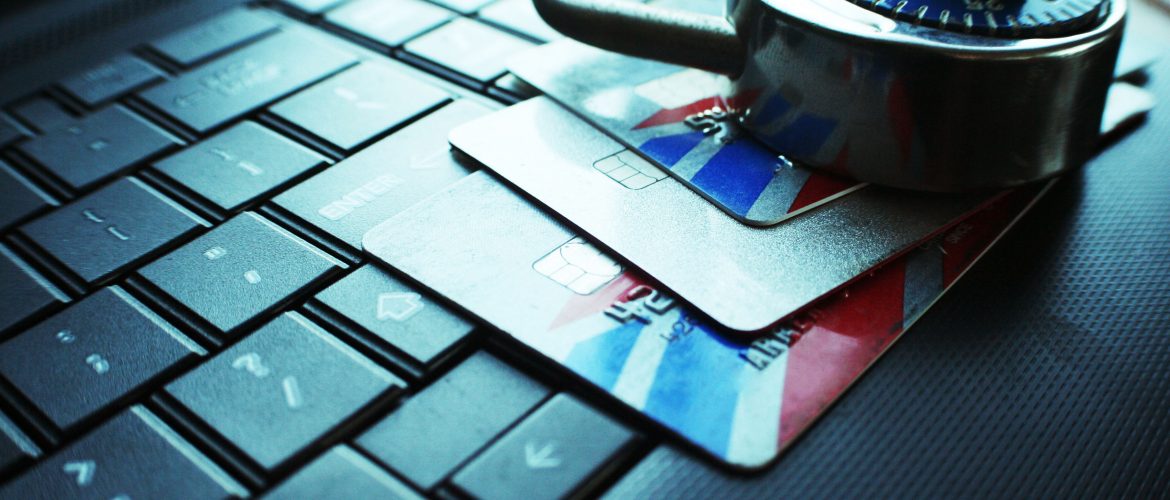A Pennsylvania caregiver has been arrested stealing the personal identifying information of several intellectually disabled persons in his care. The stolen information was used fraudulently to apply and to receive nearly $90,000 in Pandemic Unemployment Assistance (PUA) funding.
It was determined by the Grand Jury that the Pennsylvania caregiver, used the stolen and false information of seven disabled clients in his care across two Pennsylvania counties to apply for and receive a total of $89,418.82 in PUA benefits. The fraudulent scheme started in July 2020.
The Pennsylvania caregiver used his clients’ personal information to fraudulently obtain PUA funds. He created phony email addresses for the victims of his scheme, but the phone numbers on each application were his own. When he would receive the loaded U.S. Bank cards, he would quickly withdraw the money through ATMs and various purchases.
In December 2020, The Pennsylvania Department of Labor and Industry (PA L&I) requested additional verification for the DUA accounts opened by the Pennsylvania caregiver. Applicants are frequently asked to verify their identities through a third-party vendor used by Pennsylvania to reduce fraud. The applicants can provide their credentials during video calls where the applicants speak directly with the vendor.
The Grand Jury was shown recorded sessions by the third-party vendor, in which the Pennsylvania caregiver’s victims were participants in the video calls. During the recorded video calls it was determined by the Grand Jury that someone was off camera speaking for the participants and showing the required identification in front of the camera. The Grand Jury also determined that the participants appeared to be incoherent and unaware of their surroundings. Additionally, some of the participants appeared to be distressed and confused at times.
Also, the Pennsylvania care giver fraudulently applied for and was denied PUA benefits using his own information even though records confirm that he remained fully employed prior to and during the pandemic. After he was denied PUA benefits, the Pennsylvania caregiver then lied about his employment status to apply for the standard PA unemployment compensation benefits and received more than $14,000. He also attempted to use his clients’ stolen personal identifying information to apply for unemployment benefits from the State of New Jersey.
At the recommendation of the 47th Statewide Investigating Grand Jury, the defendant was charged with Identity Theft, Dealing in Proceeds of Unlawful Activity, Unlawful Use of a Computer, Criminal Use of a Communications Facility, Access Device Fraud, Tampering with Public Records, Theft by Deception, Criminal Attempt to Commit Theft by Deception.
Issue:
It is the obligation of each nursing facility to protect resident’s personal health information, and also their personal information. Each facility must take the required precautions in keeping residents’ personal information as confidential as possible. If resident’s personal information is used for fraudulent purposes it is the responsibility of the nursing facility to ensure that the resident or their Durable Power of Attorney is notified immediately.
Discussion Points:
- Review your policies and procedures on protecting residents’ personal information and preventing financial abuse and exploitation. Update your policies if needed.
- Train all staff who have access to resident’s personal information on your policy and procedure for protecting resident’s personal information. Train all staff on your policy and procedures for preventing financial abuse and exploitation. Document that these trainings occurred and file the signed document in each employee’s education file.
- Periodically audit to ensure that staff who have access to residents’ personal information are aware of the proper procedures to follow to prevent personal information exposure.












































































